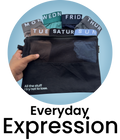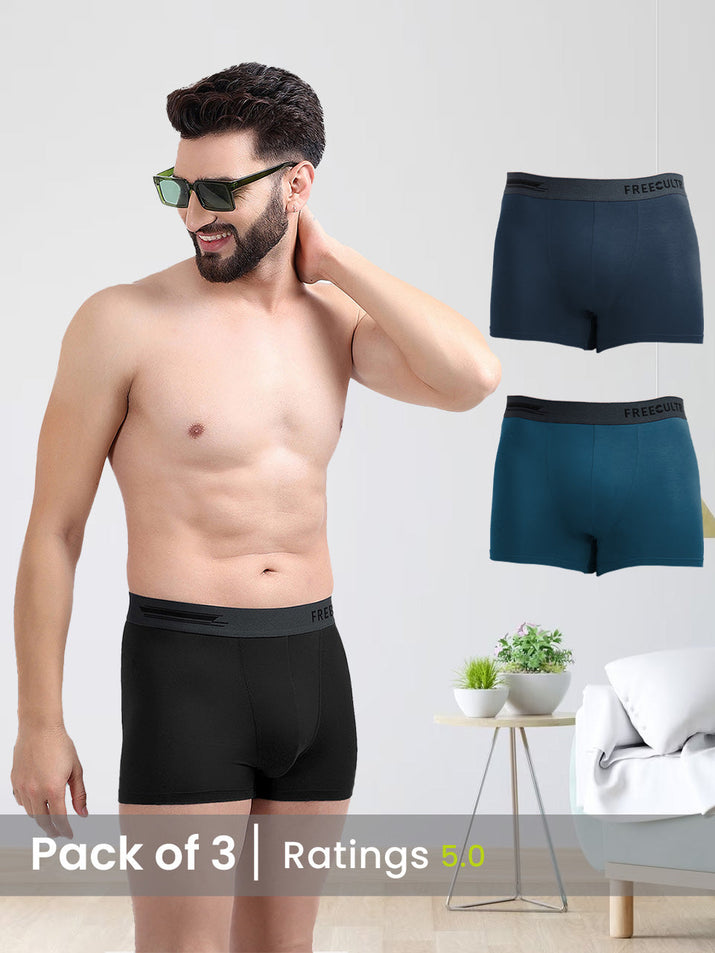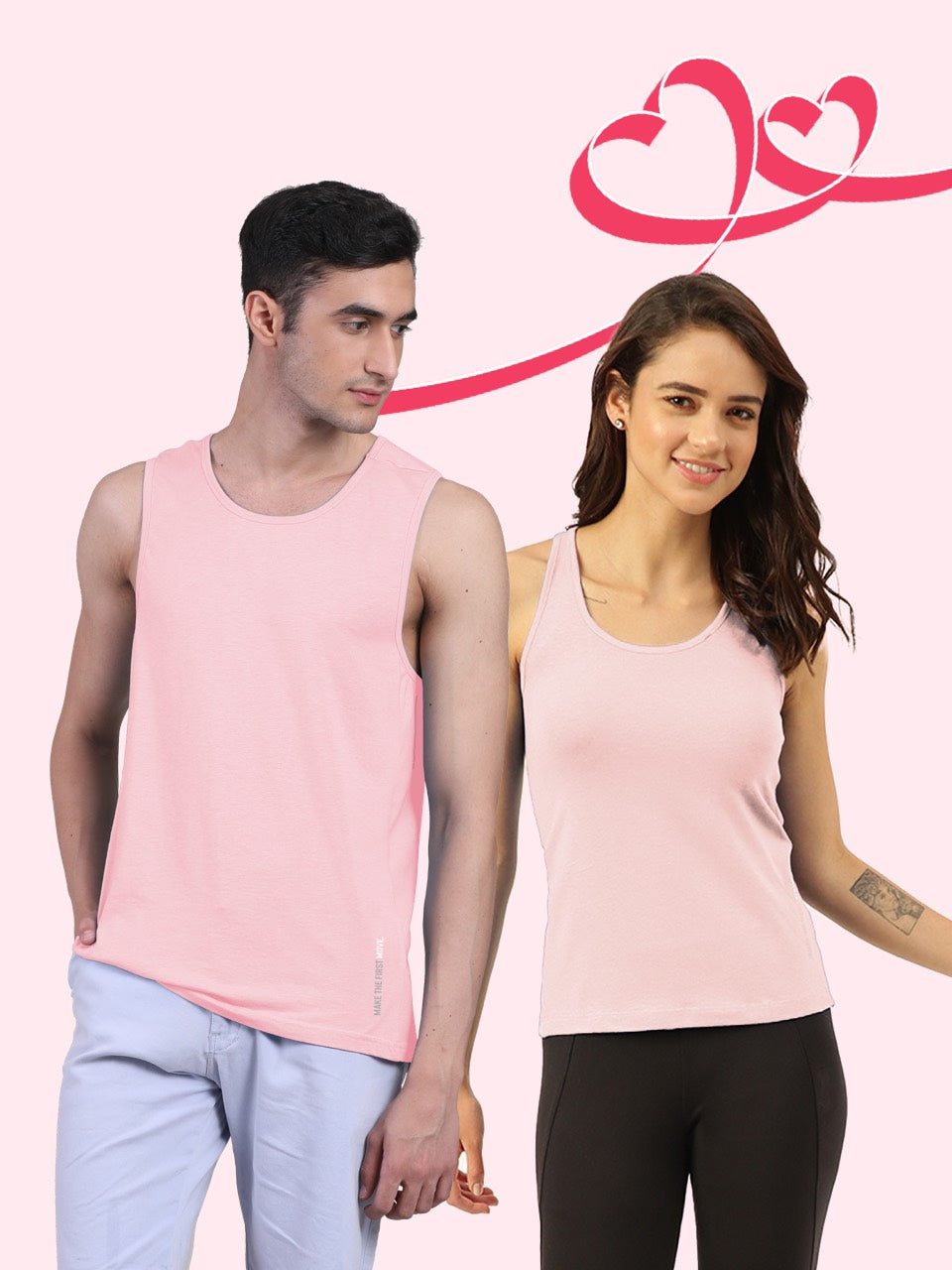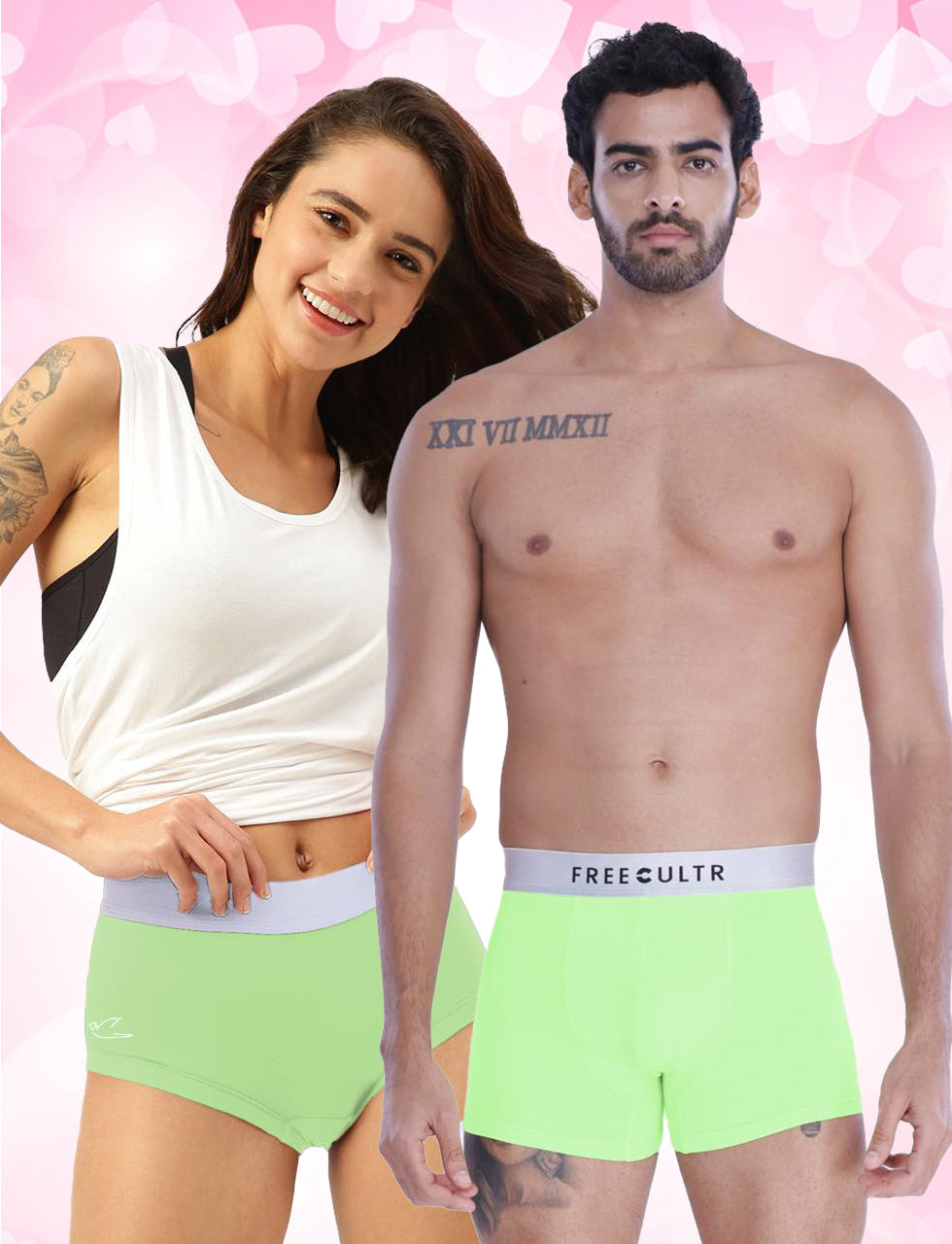Sensitive skin sufferers know the struggle: clothing that feels like sandpaper. The textile industry is increasingly aware, moving beyond harsh synthetics. Even natural fibers can irritate. Freecultr addresses this challenge directly with its modal cotton blend. We'll explore why this specific combination offers a superior solution by diving into fiber structure, dye processes. Weave density. Understanding the inherent softness of modal, coupled with the breathable qualities of cotton, reveals how this blend minimizes friction and reduces the likelihood of allergic reactions, offering a gentler experience for those with easily irritated skin. Let's uncover the science behind the comfort.

Understanding Sensitive Skin: The Basics
Sensitive skin is a common condition characterized by an increased susceptibility to irritation from various substances and environmental factors. It’s not a medical diagnosis. Rather a description of skin that is more reactive than normal. This can manifest as redness, itching, burning, dryness, or even breakouts in response to triggers that wouldn't bother someone with "normal" skin.
Several factors can contribute to sensitive skin, including:
- Genetics: Some people are simply predisposed to having more reactive skin.
- Environmental Factors: Sun exposure, harsh weather conditions (wind, cold). Pollution can all damage the skin barrier, making it more vulnerable.
- Allergies and Irritants: Certain ingredients in skincare products, detergents. Even Fabric dyes can trigger reactions.
- Underlying Skin Conditions: Conditions like eczema (atopic dermatitis), rosacea. Psoriasis are often associated with sensitive skin.
- Damaged Skin Barrier: A weakened skin barrier allows irritants to penetrate more easily, leading to inflammation and discomfort.
Managing sensitive skin involves identifying and avoiding triggers, as well as using gentle, hypoallergenic products designed to soothe and protect the skin.
What is Modal and Why Does it Matter?
Modal is a semi-synthetic Fabric made from beech tree pulp. It’s classified as a type of rayon. Its manufacturing process and resulting properties differ significantly from traditional rayon. Here’s a closer look:
- Production: Modal is produced through a multi-step process that involves dissolving beech tree pulp, then forcing it through spinnerets to create fibers. This process is generally considered more environmentally friendly than the production of some other synthetic fibers, as it uses fewer chemicals and resources.
-
Properties: Modal boasts several desirable properties that make it a popular choice for clothing, especially items worn close to the skin:
- Softness: Modal is exceptionally soft and smooth, even more so than cotton. This is due to the fine fibers and smooth surface.
- Breathability: It's highly breathable, allowing air to circulate and preventing moisture buildup.
- Moisture-Wicking: Modal effectively wicks away moisture from the skin, keeping you feeling dry and comfortable.
- Durability: Modal is more durable than cotton and resistant to shrinking and fading, even after repeated washing.
- Drape: It has a beautiful drape, meaning it hangs nicely and doesn't cling to the body.
The key to modal's suitability for sensitive skin lies in its inherent softness and ability to minimize friction and irritation.
Modal vs. Cotton: A Comparison for Sensitive Skin
While cotton is often considered a natural and hypoallergenic Fabric, it can still pose challenges for sensitive skin. Here's a comparison of modal and cotton in the context of sensitive skin:
| Feature | Modal | Cotton |
|---|---|---|
| Softness | Extremely soft and smooth | Can be soft. Varies depending on the type and weave |
| Breathability | Highly breathable | Breathable |
| Moisture-Wicking | Excellent moisture-wicking properties | Absorbs moisture but doesn't wick it away as effectively |
| Durability | More durable, resistant to shrinking and fading | Can shrink and fade with repeated washing |
| Potential for Irritation | Lower potential for irritation due to smoothness | Can be irritating if rough or heavily processed |
| Sustainability | More sustainable production process compared to some other rayons | Sustainability depends on farming practices (organic vs. Conventional) |
As the table shows, modal generally outperforms cotton in key areas relevant to sensitive skin. Its superior softness and moisture-wicking abilities translate to less friction and irritation, while its durability ensures it retains its beneficial properties even after multiple washes.
Freecultr's Modal Cotton Blend: The Best of Both Worlds
Freecultr's modal cotton blend aims to leverage the strengths of both materials while minimizing their weaknesses. By combining modal with cotton, they create a Fabric that offers a unique balance of comfort, durability. Breathability.
Here's why this blend is particularly beneficial for sensitive skin:
- Enhanced Softness: The modal component contributes its signature softness, providing a gentle feel against the skin.
- Improved Moisture Management: The blend wicks away moisture more effectively than cotton alone, keeping the skin dry and comfortable.
- Increased Durability: The modal fibers enhance the overall durability of the Fabric, making it less prone to wear and tear.
- Reduced Irritation: The smooth surface of modal minimizes friction, reducing the likelihood of irritation and chafing.
- Balanced Breathability: The blend allows for good airflow, preventing overheating and promoting skin health.
This careful combination of modal and cotton results in a Fabric that is exceptionally well-suited for individuals with sensitive skin, offering a comfortable and irritation-free experience, particularly in items like Men's Underwear where constant contact with the skin is a factor.
Real-World Applications: How Modal Blends Benefit Sensitive Skin
The benefits of modal cotton blends for sensitive skin aren't just theoretical; they're evident in various real-world applications:
- Underwear: Underwear made from modal cotton blends is a popular choice for individuals with sensitive skin due to its softness, breathability. Moisture-wicking properties. It helps prevent irritation and discomfort in sensitive areas.
- T-shirts and Loungewear: These garments offer all-day comfort and minimize friction against the skin, making them ideal for those prone to irritation.
- Bedding: Modal cotton blend sheets and pillowcases provide a soft and gentle sleep surface, reducing the risk of skin irritation during the night.
- Baby Clothes: The gentle nature of modal cotton blends makes them a suitable option for baby clothes, as babies often have delicate and sensitive skin.
Choosing clothing and bedding made from modal cotton blends can significantly improve comfort and reduce the likelihood of skin irritation for individuals with sensitive skin.
Tips for Caring for Modal Cotton Blend Fabrics
To maximize the lifespan and benefits of your modal cotton blend garments, it's essential to follow proper care instructions:
- Wash in Cold Water: Cold water helps prevent shrinking and fading.
- Use a Gentle Detergent: Avoid harsh detergents with dyes or fragrances that could irritate sensitive skin. Consider using a hypoallergenic detergent.
- Wash with Similar Colors: To prevent color bleeding, wash with similar colors.
- Tumble Dry on Low Heat or Air Dry: High heat can damage the fibers and cause shrinking. Air drying is the gentlest option.
- Avoid Bleach: Bleach can weaken the fibers and cause discoloration.
- Iron on Low Heat if Necessary: Modal cotton blends generally don't wrinkle easily. If ironing is needed, use a low heat setting.
By following these simple care tips, you can ensure that your modal cotton blend garments remain soft, comfortable. Gentle on your sensitive skin for years to come.
Conclusion
Let's approach this from 'The Implementation Guide' perspective. We've explored how Freecultr's modal cotton blend provides a gentler touch for sensitive skin, largely due to its superior softness, breathability. Reduced friction compared to conventional fabrics. Now, how can you put this knowledge into practice? Start by consciously auditing your current wardrobe. Are you experiencing irritation from certain fabrics? If so, consider replacing those items with modal cotton alternatives. A practical tip: when trying new clothing, wear it for a few hours at home first to gauge your skin's reaction before committing to wearing it out. Think of it as a "test drive" for your skin! Success can be measured by a reduction in skin irritation, redness, or itching. Ultimately, choosing Freecultr's modal cotton blend is an investment in your skin's comfort and well-being, paving the way for a happier, healthier you.More Articles
Men's Modal Trunks for Men Comfortable – Superior Softness & Moisture WickingSeamless Boxer Shorts for Women Full Coverage – Invisible Under Clothes & Gentle Support
How does Freecultr ensure a better waistband than Jockey or Bummer?
Men's Snug Fit Trunks for Men – Maximum Support & Prevents Riding Up
FAQs
So, what's the deal with Freecultr's modal cotton blend? Why is it supposed to be good for sensitive skin?
Okay, think of it like this: regular cotton, while comfy, can sometimes have rougher fibers that irritate sensitive skin. Our modal cotton blend uses modal, which is super smooth and soft. When you combine that with cotton, you get a fabric that's less likely to cause friction and irritation. , it's like wrapping yourself in a cloud!
I've heard some fabrics don't breathe well, which can make things worse. Does this blend breathe okay?
Absolutely! Breathability is key, especially for sensitive skin. Our modal cotton blend is designed to wick away moisture and allow air to circulate, preventing sweat build-up that can lead to irritation. Think of it as your skin being able to... Well, breathe!
Is it true that dyes and chemicals in clothing can trigger reactions? Does Freecultr do anything about that?
Yep, you're spot on. Harsh dyes and chemicals are a HUGE trigger for sensitive skin. We're really careful about the dyes and processes we use. We aim for low-impact, gentle options that minimize the risk of reactions. We want you feeling good, not itchy!
How does the modal contribute to the softness, specifically?
Great question! Modal fibers are finer and more uniform than cotton fibers. This means they create a smoother surface against your skin. Plus, modal stays soft even after washing, unlike some fabrics that get rougher over time. So, that initial softness lasts!
Will this blend shrink a lot in the wash?
Shrinkage is always a concern! Our modal cotton blend is pre-shrunk as much as possible. While there might be a tiny bit of give, it shouldn't be significant if you follow the care instructions (usually gentle cycle and low tumble dry or air drying). We want your clothes to fit even after they've been washed.
So, I've got super sensitive skin. Is this really going to make a difference, or is it just marketing hype?
Honestly, everyone's skin is different, so I can't guarantee it'll solve all your problems. But, the properties of modal – its smoothness, breathability. The gentle processes we use – are specifically designed to minimize irritation and discomfort. Many people with sensitive skin find it a significant improvement over regular cotton or synthetic fabrics. It's worth a try. We hope you love it!





